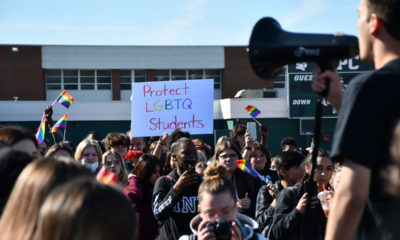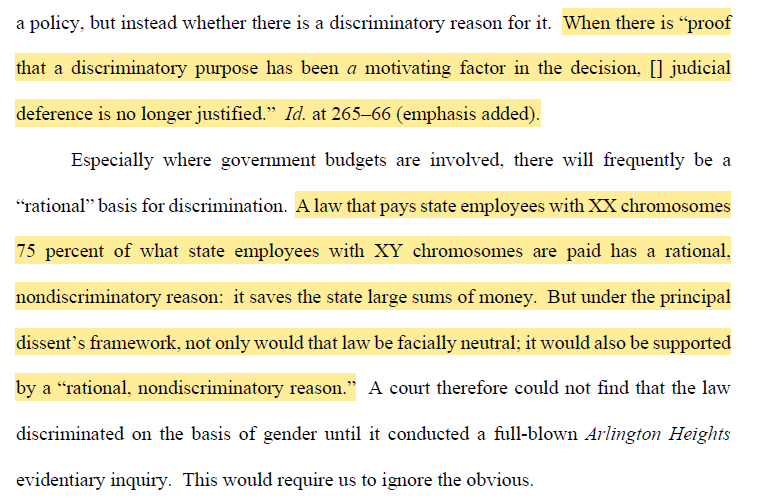Federal Government
FDA plans to lift ban on gay, bisexual sperm donors
Ban has been in place since 2005

The Food and Drug Administration is planning to lift its ban on sperm donations from men who have sex with men, according to a report in the Wall Street Journal. The report also says the FDA would simultaneously lift the ban on donations of other tissues and organs from gay and bisexual men.
The Wall Street Journal report suggests that the FDA could put out a draft of the new policy for public comment by the summer, with a final rule in place by the end of 2024 or early 2025.
Reached for comment, a spokesperson for the FDA would not confirm the Wall Street Journal story, but acknowledged that, “the FDA routinely reviews approaches regarding donor screening and testing for donors of human cells, tissues and cellular and tissue-based products (HCT/Ps) to determine what changes, if any, are appropriate based on technological and evolving scientific knowledge.”
The FDA imposed the sperm donation ban on men who have sex with men in 2005, as part of an expansion on existing prohibitions on blood donations from gay and bisexual men which were meant to mitigate the risk that HIV could be spread through donations.
The policies stemmed from an erroneous belief that gay men were more likely to carry HIV, regardless of their individual behaviors and risk factors.
Last year, the FDA finally ended the ban on blood donations from men who have sex with men, which had been in place since the early days of the AIDS crisis. The FDA now requires that blood donors are screened based on individual behaviors in a gender-neutral manner, in addition to the donations themselves being tested for HIV and other blood-borne illnesses.
Alice Ruby, executive director of the Sperm Bank of California in Berkeley, says the lifting of the blood ban should provide a template for ending the sperm ban.
“I’m hoping it’s similar to the blood donation screening, where it’s based on behaviour, rather than being part of a population,” she says. “We test donors repeatedly for HIV as required by the FDA.”
The Sperm Bank of California has served many lesbian, bisexual and transgender people and Ruby says that she’s often told her clients would like a queer donor, to ensure that the biological father won’t be someone who disapproves of queer families. The ban removes that choice from would-be mothers.
The Sperm Bank of California has been opposed to the gay sperm donation ban since the policy was first proposed 20 years ago and has advocated in tandem with the National Center for Lesbian Rights for the policy to be scrapped.
“People are pretty unaware that the ban exists. I think there’s a lot of gay men who would be happy to contribute in this way, especially since a large number of people using sperm donation are LGBT couples and single people,” Ruby says.
Sperm banks across the country have been experiencing shortages of donor sperm, especially from donors of color. Opening the donor pool to gay and bi men could help ease the shortage. Ruby has told the Blade that the Sperm Bank of California has had to turn away gay and bi donors every week, up to 400 men in a single year.
When the FDA releases its draft policy around sperm donation, there will be a public comment period before the regulation is made final. Ruby says anyone interested opening up sperm donation to gay and bisexual men should submit a comment to support the change.
Federal Government
4th Circuit rules gender identity is a protected characteristic
Ruling a response to N.C., W.Va. legal challenges
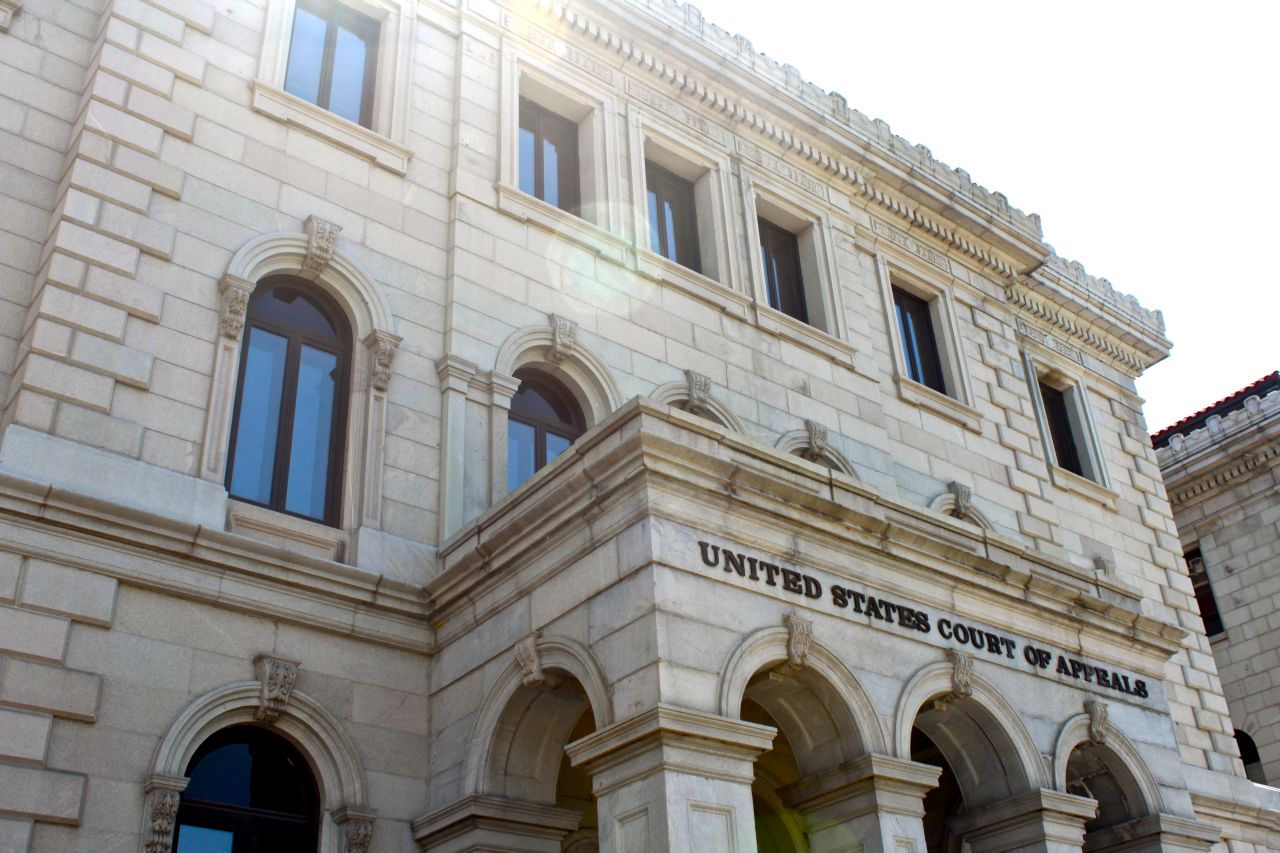
BY ERIN REED | The 4th U.S. Circuit Court of Appeals ruled Monday that transgender people are a protected class and that Medicaid bans on trans care are unconstitutional.
Furthermore, the court ruled that discriminating based on a diagnosis of gender dysphoria is discrimination based on gender identity and sex. The ruling is in response to lower court challenges against state laws and policies in North Carolina and West Virginia that prevent trans people on state plans or Medicaid from obtaining coverage for gender-affirming care; those lower courts found such exclusions unconstitutional.
In issuing the final ruling, the 4th Circuit declared that trans exclusions were “obviously discriminatory” and were “in violation of the equal protection clause” of the Constitution, upholding lower court rulings that barred the discriminatory exclusions.
The 4th Circuit ruling focused on two cases in states within its jurisdiction: North Carolina and West Virginia. In North Carolina, trans state employees who rely on the State Health Plan were unable to use it to obtain gender-affirming care for gender dysphoria diagnoses.
In West Virginia, a similar exclusion applied to those on the state’s Medicaid plan for surgeries related to a diagnosis of gender dysphoria. Both exclusions were overturned by lower courts, and both states appealed to the 4th Circuit.
Attorneys for the states had argued that the policies were not discriminatory because the exclusions for gender affirming care “apply to everyone, not just transgender people.” The majority of the court, however, struck down such a claim, pointing to several other cases where such arguments break down, such as same-sex marriage bans “applying to straight, gay, lesbian, and bisexual people equally,” even though straight people would be entirely unaffected by such bans.
Other cases cited included literacy tests, a tax on wearing kippot for Jewish people, and interracial marriage in Loving v. Virginia.
See this portion of the court analysis here:
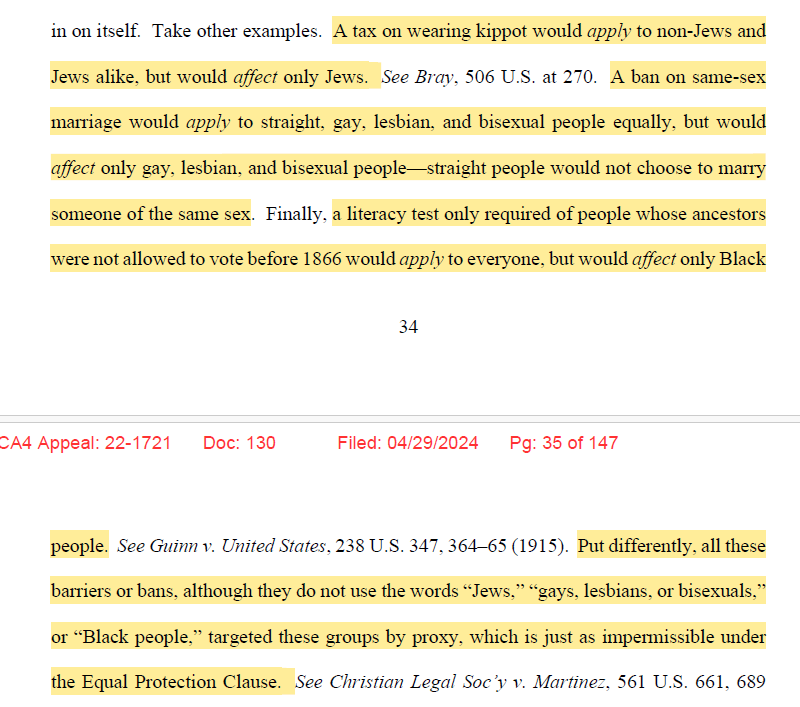
Of particular note in the majority opinion was a section on Geduldig v. Aiello that seemed laser-targeted toward an eventual U.S. Supreme Court decision on discriminatory policies targeting trans people. Geduldig v. Aiello, a 1974 ruling, determined that pregnancy discrimination is not inherently sex discrimination because it does not “classify on sex,” but rather, on pregnancy status.
Using similar arguments, the states claimed that gender affirming care exclusions did not classify or discriminate based on trans status or sex, but rather, on a diagnosis of gender dysphoria and treatments to alleviate that dysphoria.
The majority was unconvinced, ruling, “gender dysphoria is so intimately related to transgender status as to be virtually indistinguishable from it. The excluded treatments aim at addressing incongruity between sex assigned at birth and gender identity, the very heart of transgender status.” In doing so, the majority cited several cases, many from after Geduldig was decided.
Notably, Geduldig was cited in both the 6th and 11th Circuit decisions upholding gender affirming care bans in a handful of states.
The court also pointed to the potentially ridiculous conclusions that strict readings of what counts as proxy discrimination could lead to, such as if legislators attempted to use “XX chromosomes” and “XY chromosomes” to get around sex discrimination policies:
Importantly, the court also rebutted recent arguments that Bostock applies only to “limited Title VII claims involving employers who fired” LGBTQ employees, and not to Title IX, which the Affordable Care Act’s anti-discrimination mandate references. The majority stated that this is not the case, and that there is “nothing in Bostock to suggest the holding was that narrow.”
Ultimately, the court ruled that the exclusions on trans care violate the Equal Protection Clause of the Constitution. The court also ruled that the West Virginia Medicaid Program violates the Medicaid Act and the anti-discrimination provisions of the Affordable Care Act.
Additionally, the court upheld the dismissal of anti-trans expert testimony for lacking relevant expertise. West Virginia and North Carolina must end trans care exclusions in line with earlier district court decisions.
The decision will likely have nationwide impacts on court cases in other districts. The case had become a major battleground for trans rights, with dozens of states filing amicus briefs in favor or against the protection of the equal process rights of trans people. Twenty-one Republican states filed an amicus brief in favor of denying trans people anti-discrimination protections in healthcare, and 17 Democratic states joined an amicus brief in support of the healthcare rights of trans individuals.
Many Republican states are defending anti-trans laws that discriminate against trans people by banning or limiting gender-affirming care. These laws could come under threat if the legal rationale used in this decision is adopted by other circuits. In the 4th Circuit’s jurisdiction, West Virginia and North Carolina already have gender-affirming care bans for trans youth in place, and South Carolina may consider a similar bill this week.
The decision could potentially be used as precedent to challenge all of those laws in the near future and to deter South Carolina’s bill from passing into law.
The decision is the latest in a web of legal battles concerning trans people. Earlier this month, the 4th Circuit also reversed a sports ban in West Virginia, ruling that Title IX protects trans student athletes. However, the Supreme Court recently narrowed a victory for trans healthcare from the 9th U.S. Circuit Court of Appeals and allowed Idaho to continue enforcing its ban on gender-affirming care for everyone except the two plaintiffs in the case.
Importantly, that decision was not about the constitutionality of gender-affirming care, but the limits of temporary injunctions in the early stages of a constitutional challenge to discriminatory state laws. It is likely that the Supreme Court will ultimately hear cases on this topic in the near future.
Celebrating the victory, Lambda Legal Counsel and Health Care Strategist Omar Gonzalez-Pagan said in a posted statement, “The court’s decision sends a clear message that gender-affirming care is critical medical care for transgender people and that denying it is harmful and unlawful … We hope this decision makes it clear to policy makers across the country that health care decisions belong to patients, their families, and their doctors, not to politicians.”
****************************************************************************

Erin Reed is a transgender woman (she/her pronouns) and researcher who tracks anti-LGBTQ+ legislation around the world and helps people become better advocates for their queer family, friends, colleagues, and community. Reed also is a social media consultant and public speaker.
******************************************************************************************
The preceding article was first published at Erin In The Morning and is republished with permission.
Federal Government
HHS reverses Trump-era anti-LGBTQ rule
Section 1557 of the Affordable Care Act now protects LGBTQ people
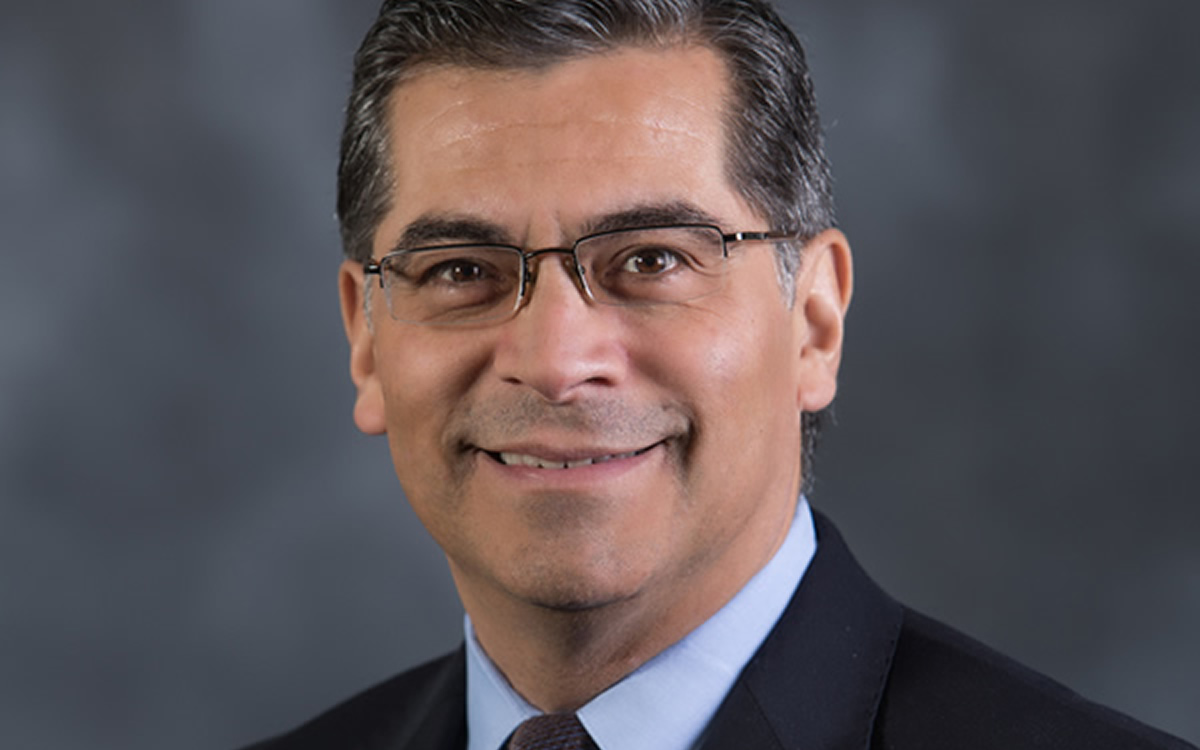
The U.S. Department of Health and Human Services Office for Civil Rights has issued a final rule on Friday under Section 1557 of the Affordable Care Act advancing protections against discrimination in health care prohibiting discrimination on the basis of race, color, national origin, age, disability, or sex (including pregnancy, sexual orientation, gender identity, and sex characteristics), in covered health programs or activities.
The updated rule does not force medical professionals to provide certain types of health care, but rather ensures nondiscrimination protections so that providers cannot turn away patients based on individual characteristics such as being lesbian, gay, bisexual, transgender, queer, intersex, or pregnant.
“This rule ensures that people nationwide can access health care free from discrimination,” said HHS Secretary Xavier Becerra. “Standing with communities in need is critical, particularly given increased attacks on women, trans youth, and health care providers. Health care should be a right not dependent on looks, location, love, language, or the type of care someone needs.”
The new rule restores and clarifies important regulatory protections for LGBTQ people and other vulnerable populations under Section 1557, also known as the health care nondiscrimination law, that were previously rescinded by the Trump administration.
“Healthcare is a fundamental human right. The rule released today restores critical regulatory nondiscrimination protections for those who need them most and ensures a legally proper reading of the Affordable Care Act’s healthcare nondiscrimination law,” said Omar Gonzalez-Pagan, counsel and health care strategist for Lambda Legal.
“The Biden administration today reversed the harmful, discriminatory, and unlawful effort by the previous administration to eliminate critical regulatory protections for LGBTQ+ people and other vulnerable populations, such as people with limited English proficiency, by carving them out from the rule and limiting the scope of entities to which the rule applied,” Gonzalez-Pagan added. “The rule released today has reinstated many of these important protections, as well as clarifying the broad, intended scope of the rule to cover all health programs and activities and health insurers receiving federal funds. While we evaluate the new rule in detail, it is important to highlight that this rule will help members of the LGBTQ+ community — especially transgender people, non-English speakers, immigrants, people of color, and people living with disabilities — to access the care they need and deserve, saving lives and making sure healthcare professionals serve patients with essential care no matter who they are.”
In addition to rescinding critical regulatory protections for LGBTQ people, the Trump administration’s rule also limited the remedies available to people who face health disparities, limited access to health care for people with Limited English Proficiency, and dramatically reduced the number of healthcare entities and health plans subject to the rule.
Lambda Legal, along with a broad coalition of LGBTQ advocacy groups, filed a lawsuit challenging the Trump administration rule, Whitman-Walker Clinic v. HHS, and secured a preliminary injunction preventing key aspects of the Trump rule from taking effect.
These included the elimination of regulatory protections for LGBTQ people and the unlawful expansion of religious exemptions, which the new rule corrects. The preliminary injunction in Whitman-Walker Clinic v. HHS remains in place. Any next steps in the case will be determined at a later time, after a fulsome review of the new rule.
GLAAD President Sarah Kate Ellis released the following statement in response to the news:
“The Biden administration’s updates to rules regarding Section 1557 of the ACA will ensure that no one who is LGBTQI or pregnant can face discrimination in accessing essential health care. This reversal of Trump-era discriminatory rules that sought to single out Americans based on who they are and make it difficult or impossible for them to access necessary medical care will have a direct, positive impact on the day to day lives of millions of people. Today’s move marks the 334th action from the Biden-Harris White House in support of LGBTQ people. Health care is a human right that should be accessible to all Americans equally without unfair and discriminatory restrictions. LGBTQ Americans are grateful for this step forward to combat discrimination in health care so no one is barred from lifesaving treatment.”
Federal Government
Lambda Legal praises Biden-Harris administration’s finalized Title IX regulations
New rules to take effect Aug. 1

The Biden-Harris administration’s revised Title IX policy “protects LGBTQ+ students from discrimination and other abuse,” Lambda Legal said in a statement praising the U.S. Department of Education’s issuance of the final rule on Friday.
Slated to take effect on Aug. 1, the new regulations constitute an expansion of the 1972 Title IX civil rights law, which prohibits sex-based discrimination in education programs that receive federal funding.
Pursuant to the U.S. Supreme Court’s ruling in the landmark 2020 Bostock v. Clayton County case, the department’s revised policy clarifies that discrimination on the basis of sexual orientation and gender identity constitutes sex-based discrimination as defined under the law.
“These regulations make it crystal clear that everyone can access schools that are safe, welcoming and that respect their rights,” Education Secretary Miguel Cardona said during a call with reporters on Thursday.
While the new rule does not provide guidance on whether schools must allow transgender students to play on sports teams corresponding with their gender identity to comply with Title IX, the question is addressed in a separate rule proposed by the agency in April.
The administration’s new policy also reverses some Trump-era Title IX rules governing how schools must respond to reports of sexual harassment and sexual assault, which were widely seen as imbalanced in favor of the accused.
Jennifer Klein, the director of the White House Gender Policy Council, said during Thursday’s call that the department sought to strike a balance with respect to these issues, “reaffirming our longstanding commitment to fundamental fairness.”
“We applaud the Biden administration’s action to rescind the legally unsound, cruel, and dangerous sexual harassment and assault rule of the previous administration,” Lambda Legal Nonbinary and Transgender Rights Project Director Sasha Buchert said in the group’s statement on Friday.
“Today’s rule instead appropriately underscores that Title IX’s civil rights protections clearly cover LGBTQ+ students, as well as survivors and pregnant and parenting students across race and gender identity,” she said. “Schools must be places where students can learn and thrive free of harassment, discrimination, and other abuse.”
-

 District of Columbia5 days ago
District of Columbia5 days agoCatching up with the asexuals and aromantics of D.C.
-

 South America5 days ago
South America5 days agoArgentina government dismisses transgender public sector employees
-

 Mexico4 days ago
Mexico4 days agoMexican Senate approves bill to ban conversion therapy
-

 Advice4 days ago
Advice4 days agoShould I divorce my husband for the hot new guy in our building?





